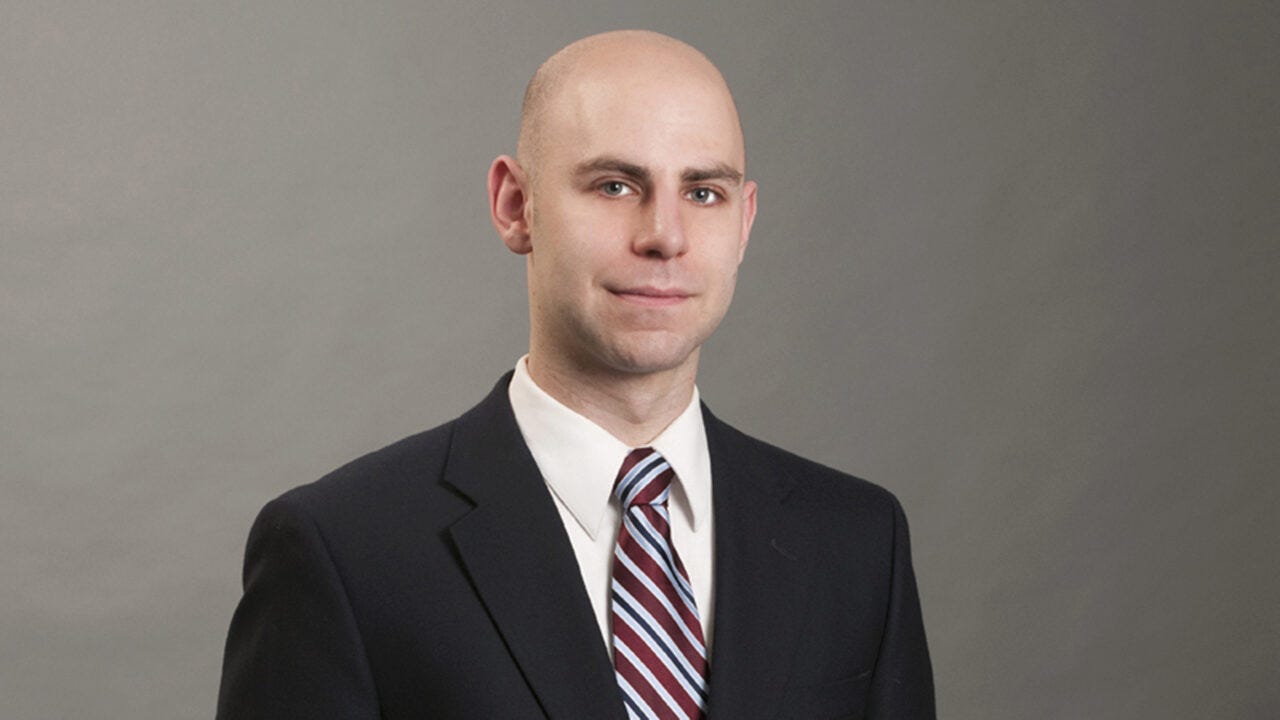Being in Error Doesn't Have to be so Painful and Offensive
Could you learn, in some situations, to welcome insights disproving your thoughts?
Why the Best Leaders Love Being Wrong
Say what? No, they don’t!
Or do they?
That headline is from an Inc.com article written by Lindsay Blakely, the managing editor of the publication. Her interesting piece was based on the book, “Think Again: The Power of Knowing What You Don't Know,” by organizational psychologist and best-selling author Adam Grant.
Overconfidence is a thing. We don’t think we do it yet others know we do it. So the thinking becomes a risk factor for poor decisions and the blind spot leading to ignorance or denial makes for compounded risk. Blakely writes about what Grant says can prove to be an antidote:
One of the easiest ways to try to curb overconfidence is to come up with even one viable reason why you might be wrong, Grant writes. "When you form an opinion, ask yourself what would have to happen to prove it false."
Blakely expounds on the reality of blind spots and what Grant advises is needed and often available if we are choose to seek it:
You are unlikely to be able to see all of your own blind spots, no matter how self-aware you become. To ensure you know what you don't know, you need a team of employees willing to challenge you. Grant calls these employees "disagreeable givers." "They dish out the tough love and critique you because they care and want to make your thinking better," he says.
Disagreeable people? I don’t need or want that, at all. I have enough problems. Grant disagrees. He insists there are protective benefits.
Of course, this requires ego suppression, poise, effective listening skills and the willingness to take corrective action from what we learn to create positive momentum. Blakely delves into it:
Disagreeable people often will give you the most honest feedback without fearing repercussions. That last part is key: For disagreeable givers to be most effective, they must operate in a psychologically safe culture that treats mistakes as learning opportunities.
If we can teach our mind to reframe learning from mistakes and errors differently, make it less an affront to our ego, we can be relieved and protected in a valuable way, Blakely writes:
When Daniel Kahneman, the Nobel Prize-winning psychologist, discovers an aspect of his research or thinking that is wrong, Grant says, his reaction is more like joy: It means he's now less wrong than before.
Less wrong? I don’t know about you but I’ll take it because being less wrong will save me, I will forecast, a lot of misery. I can mitigate costs of my errors. Blakely adds one last piece in her article about framing our viewpoint on this topic of mistakes, errors, ego, learning and becoming more ‘right’:
Think more like a scientist performing an experiment and less like a preacher or politician defending your ideas. If you consider your own conclusions and theories as provisional, Grant says, you're less likely to escalate your commitment to a losing strategy.
If we make a significant mistake or do something egregiously wrong, we and our reputation will suffer a little or a lot for it. Yet it doesn’t have to be a permanent reputation scar — if we are willing to do what is expected of us and with the right attitude and perseverance.
"Remember that just because you hit bottom doesn't mean you have to stay there."
Robert Downey Jr.
It usually comes down in life in regards to reputation, to a decision to do what is necessary for us to prove resilient or if we prefer, not do it and stay down. Surprisingly, many people and organizations choose not to do what is expected and necessary. That resistance usually proves hurtful and leads to longstanding reputation consequences.
Article of the Week
Critical Keys to Being More Persuasive
—Q&A conversation with Stephen McGarvey (Communication Intelligence)
Reputation Notes is written by Michael Toebe, founder and specialist of Reputation Quality, a practice serving successful individuals and organizations, helping them further build reputation as an asset, or when necessary, ethically protecting, restoring or reconstructing its health and strength. In addition, I write Reputation Specialist and am a media source.




